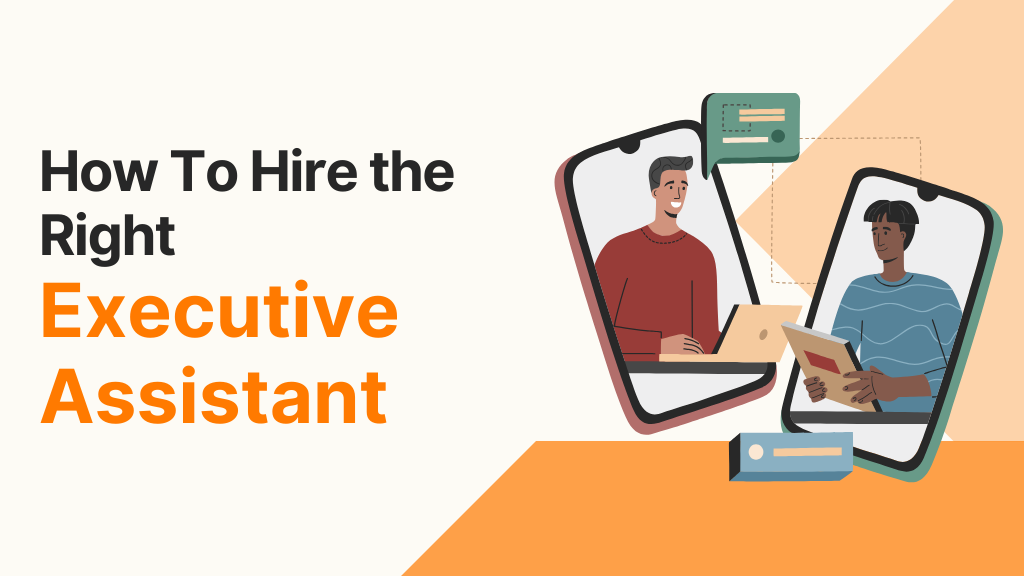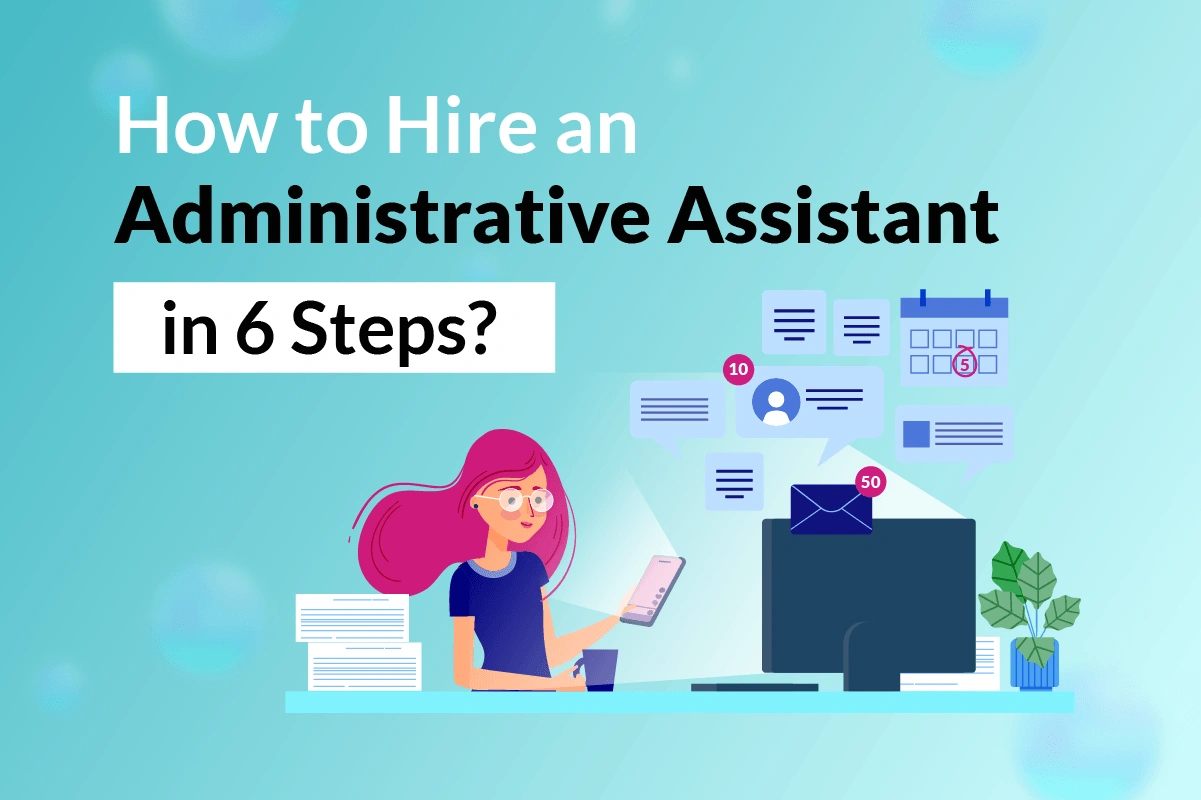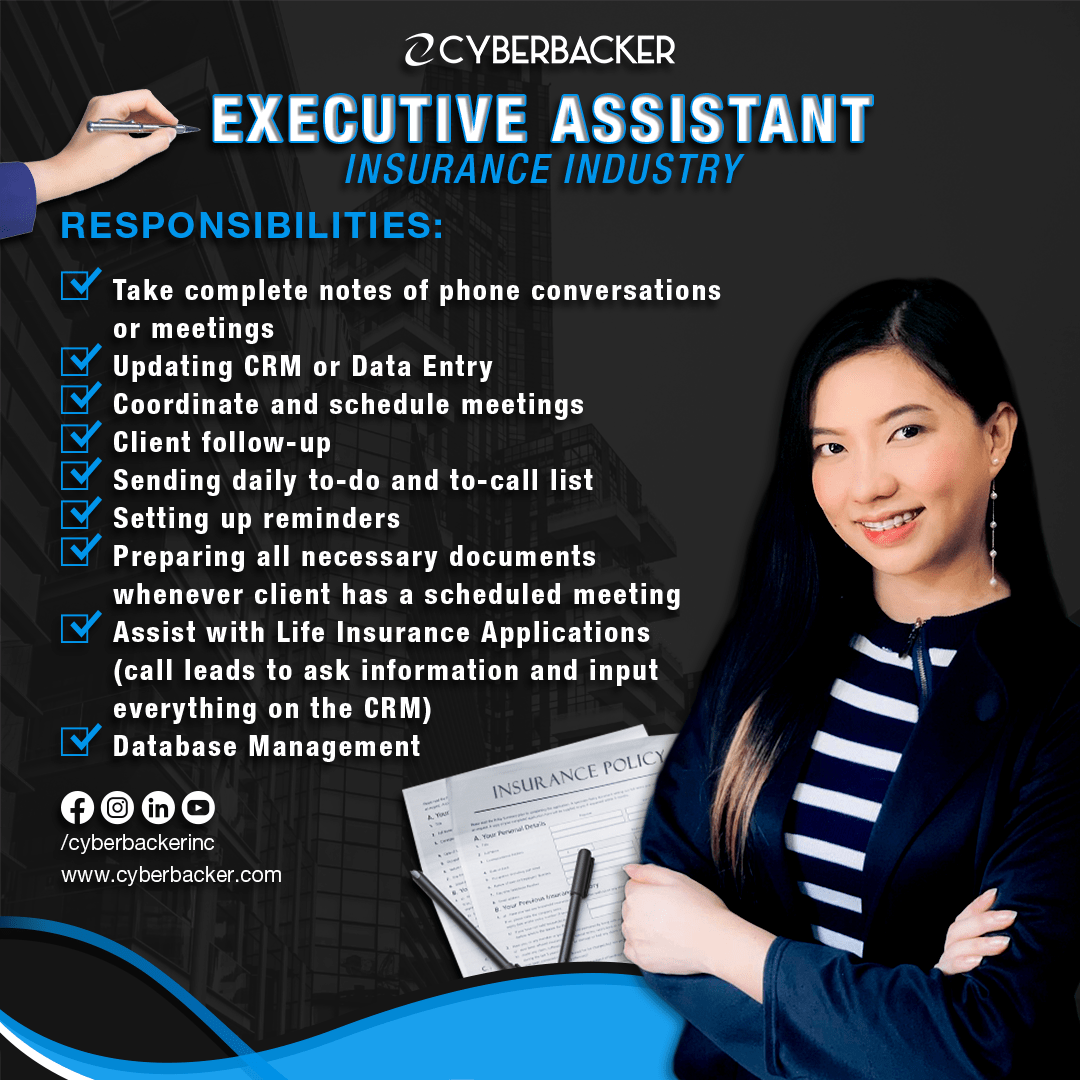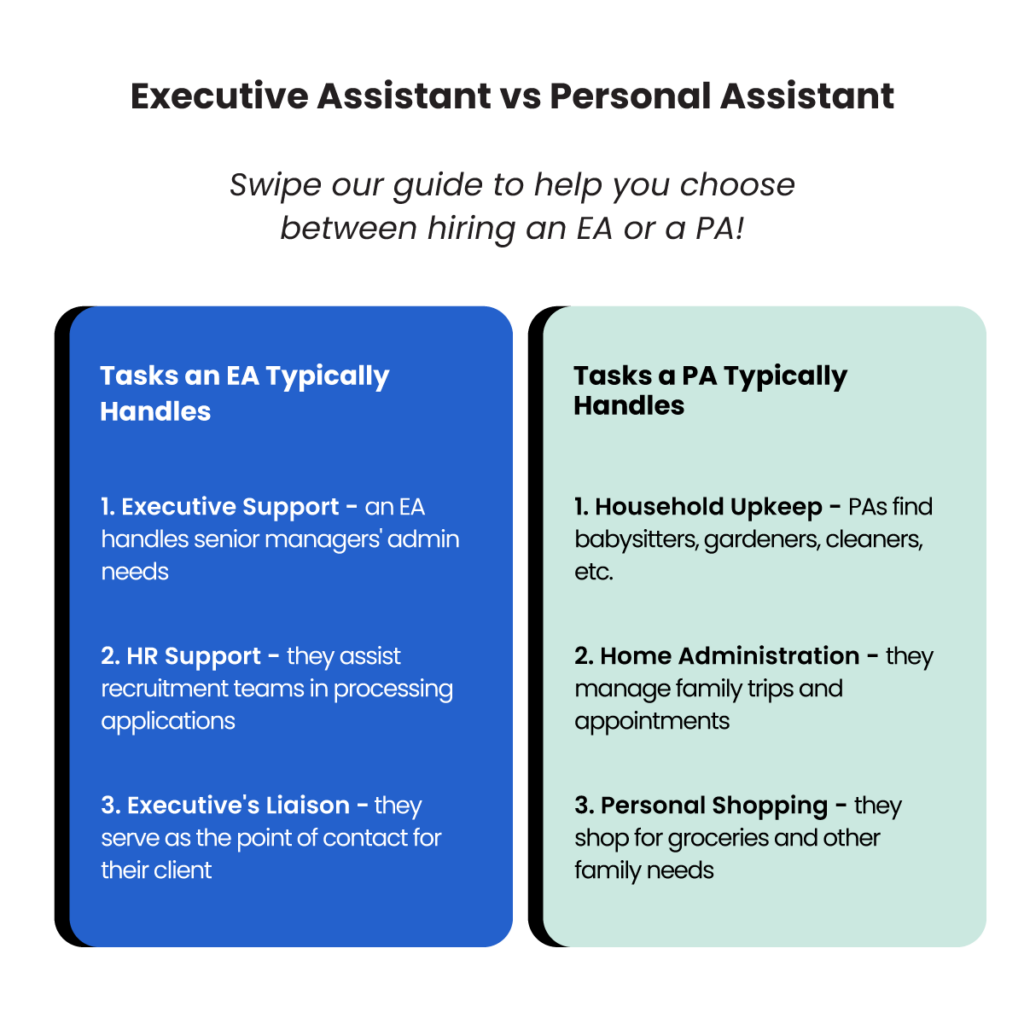How To Hire An Executive Assistant

In today's fast-paced business environment, a highly skilled executive assistant (EA) can be a game-changer for busy executives, streamlining operations and freeing up time for strategic initiatives. However, finding the right EA requires a strategic approach. This article outlines key steps to help you navigate the hiring process and secure a top-tier assistant.
Hiring an executive assistant is more than just filling a role; it’s about finding a strategic partner who can anticipate needs and contribute to organizational success. This guide details a structured approach, from defining the role's responsibilities to onboarding the successful candidate.
Defining the Role and Responsibilities
Before you even begin the search, clearly define the specific responsibilities and requirements of the EA position. Consider what tasks the executive needs support with, such as calendar management, travel arrangements, communication, or project coordination.
Create a detailed job description outlining the required skills, experience, and personality traits. This will serve as a roadmap for both you and potential candidates. Skills include proficiency in relevant software, communication skills, and organizational abilities.
Sourcing Candidates
Once you have a clear job description, explore various avenues for sourcing potential candidates. Online job boards like LinkedIn, Indeed, and Glassdoor are good starting points.
Leverage your network by asking for referrals from trusted colleagues and industry contacts. Consider using a specialized recruiting agency that focuses on administrative or executive support roles.
Screening and Interviewing
The screening process should involve reviewing resumes and cover letters to assess whether candidates meet the minimum qualifications. Look for specific experiences and skills that align with the job description.
Conduct initial phone screenings to narrow down the pool of candidates. Prepare a list of targeted questions to assess their communication skills, problem-solving abilities, and experience.
In-person interviews are crucial for evaluating a candidate's personality, professionalism, and fit within the company culture. Ask behavioral questions that require candidates to provide specific examples of how they have handled challenging situations in the past.
Sample Interview Questions
How do you prioritize tasks when faced with conflicting deadlines?
Describe a time when you had to anticipate the needs of an executive before they voiced them.
How do you handle confidential information?
Assessing Skills and Abilities
Beyond the interview, consider administering skills assessments to evaluate candidates' proficiency in specific software programs or administrative tasks. This might include testing their typing speed, proficiency in Microsoft Office Suite, or ability to manage a complex calendar.
Reference checks are vital to verify the candidate's past performance and work ethic. Contact previous employers and ask specific questions about the candidate's reliability, communication skills, and overall performance.
Making the Offer and Onboarding
Once you've selected the ideal candidate, extend a formal job offer that clearly outlines the compensation, benefits, and terms of employment. Negotiate the offer if necessary, ensuring that both parties are satisfied with the agreement.
A comprehensive onboarding process is essential for setting the new EA up for success. Provide a clear understanding of their roles, responsibilities, and expectations.
Introduce the EA to key stakeholders and provide opportunities for them to build relationships within the organization. Regular feedback and ongoing training are crucial for supporting the EA's professional development and ensuring they continue to meet the evolving needs of the executive and the organization.
Legal Considerations
Ensure all hiring practices comply with federal and state employment laws. Consult with your HR department or legal counsel to ensure you avoid any discriminatory practices during the hiring process. Background checks may be necessary depending on the nature of the role and the industry.
According to the Society for Human Resource Management (SHRM), employers should always document the entire hiring process. This includes all communication with candidates, interview notes, and reference checks.
The Impact of a Great EA
A skilled and dedicated executive assistant can significantly improve an executive's productivity and reduce stress. The right EA acts as a gatekeeper, problem-solver, and strategic partner, freeing up the executive to focus on high-level decision-making and driving business results.
By following these steps, you can increase your chances of hiring an executive assistant who not only meets your immediate needs but also becomes a valuable asset to your organization.
Investing time and effort in the hiring process will ultimately pay dividends in the form of increased efficiency, improved communication, and a more productive work environment for the executive and their team.


















